Attending the conference were Party Central Committee members: Nguyen Kim Son, Ministerof Education and Training; Hau A Lenh, Minister, Chairman of the Ethnic Committee; Nguyen Dinh Trung, Secretary of Dak Lak Provincial Party Committee and representatives of central ministries, branches, People's Committees, Departments of Education and Training of the Central Highlands provinces; universities in the region...
The conference aims to deploy the development of education and training in the Central Highlands region to 2030, with a vision to 2045 according to Resolution No. 23-NQ/TW and Resolution No. 152/NQ-CP dated November 15, 2022 of the Government promulgating the Government's Action Program to implement Resolution No. 23-NQ/TW.
Many important results
Reporting at the conference, Deputy Minister of Education and Training Nguyen Van Phuc said: In the period of 2011-2022, the Central Highlands provinces have implemented the policies of the Party, the State and the Ministry of Education and Training in the field of education and training in accordance with the practical conditions of the locality. Some localities have had specific policies to create positive changes in the scale and quality of education, contributing to gradually narrowing the gap between the localities in the Central Highlands and the whole country.
Total state budget expenditure for education and training in the region has increased gradually over the years. In 2021, total state budget expenditure for education and training was VND 12,812 billion, an increase of 56% compared to 2011... Thanks to that, the network of schools and classrooms in the Central Highlands region has been consolidated and widely developed, meeting the diverse learning needs of the people.
By 2022, the entire region will have no more communes without preschool education, all villages and hamlets will have preschool classes. All communes will have primary schools; schools and combined classes will be opened in most villages and hamlets in remote, isolated, and extremely disadvantaged areas, creating opportunities for ethnic minority children of all school age to go to school.
Most communes have junior high schools, and all districts have high schools. Many localities have built inter-commune junior high schools and high schools. By the 2021-2022 school year, the whole region will have 3,984 preschool, general education, and continuing education facilities, an increase of 494 preschool, general education, and continuing education facilities compared to the 2010-2011 school year.
Policies on human resource development, illiteracy eradication, and implementation of the Millennium Development Goals on education in ethnic minority areas have been given attention and promoted. In particular, attention has been paid to the poor, near-poor, ethnic minorities in economically disadvantaged areas and communes, and other disadvantaged groups, contributing significantly to improving people's knowledge, training human resources, and reducing poverty in ethnic minority and mountainous areas.
The system of ethnic boarding schools and semi-boarding schools has been maintained and developed. To date, the whole region has 59 ethnic boarding schools with about 13,533 students and 68 ethnic boarding schools with about 12,494 students, of which 49 ethnic boarding schools have been recognized as meeting national standards.
The quality of education in ethnic minority boarding schools and schools with boarding students has changed significantly. In the 2021-2022 school year, the graduation rate of students in junior high schools reached 99.7%, and that of high schools reached 98.7%. The rate of primary boarding students completing their education level reached 98.9%; the rate of junior high boarding students completing their education level reached 92%... which has significantly contributed to improving the cultural level of ethnic minority students in the province, while creating human resources for ethnic minority areas, mountainous areas, and areas with particularly difficult socio-economic conditions...
There are still many difficulties and challenges.
According to Deputy Minister of Education and Training Nguyen Van Phuc, in addition to the achieved results, the development of education and training in the Central Highlands region still faces many difficulties, limitations and problems such as: Planning the school network is still inadequate; facilities and teaching equipment have not met the needs. The review and arrangement of the school network in some places is not really scientific and effective, not ensuring the learning environment for children and students.
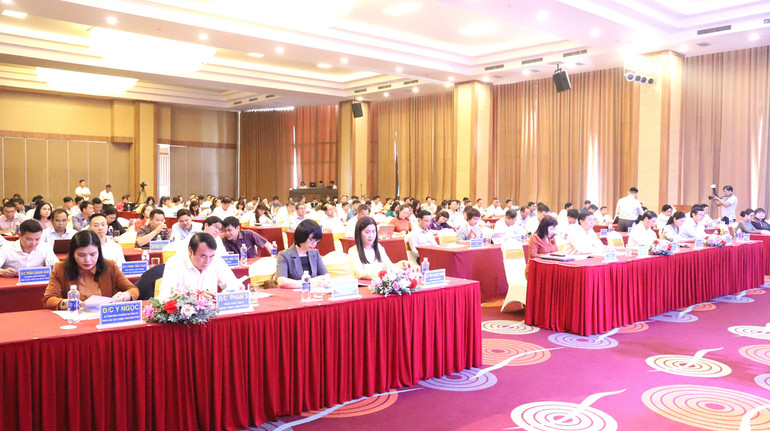 |
Conference delegates. |
Many educational institutions in the area still lack classrooms, the classrooms are degraded and overloaded, having to study in two shifts, temporary study, lack of libraries, toilets, clean water facilities. Teaching and learning equipment is still lacking, many equipment are old, broken, degraded and do not meet the requirements of teaching and learning according to the 2018 General Education Program, especially in remote districts, remote areas, and areas with special difficulties...
The socialization of education is still limited in many places due to the difficult living conditions of people in mountainous areas and ethnic minority areas. The quantity, quality and structure of the teaching staff are still inadequate, and there are still local surpluses and shortages in localities and schools. The number of teachers quitting their jobs and leaving the profession tends to increase in some difficult areas, increasing the pressure on the shortage of teachers. The rate of teachers who have not met the training standards according to the 2019 Education Law is still high. The implementation of regimes and policies for teachers who are mobilized, strengthened and rotated from areas with favorable conditions to work in areas with especially difficult socio-economic conditions still faces some difficulties. The quality of education in the Central Highlands is still lower than the national average...
Comprehensive development of education and training in the Central Highlands region
Based on the assessment of the achievements as well as the difficulties, shortcomings and obstacles in education and training activities in the past time, the Ministry of Education and Training sets out the goal of developing education and training in the Central Highlands region by 2030. That is to fundamentally and comprehensively innovate in the direction of standardization, modernization, democratization and socialization; improve the quality of education, including moral education, life skills, creativity, foreign language and information technology skills; basically meet the human resource needs of the economic and social development of the region; increase access to high-quality education for ethnic minorities, create conditions for people to learn for life, and build a learning society. Plan a more reasonable network of schools and classes; consolidate and develop the system of ethnic minority boarding schools, ethnic minority boarding schools and university preparatory schools. Develop a project to solidify schools and classrooms in areas with particularly difficult socio-economic conditions in the 2021-2025 period. Improve the quality and effectively use human resources, especially local ethnic minority human resources, in conjunction with the needs of socio-economic development and national defense until 2030, with a vision to 2045, considering this a breakthrough for the rapid and sustainable development of the region. By 2030, the indicators on the quality of education and training in the Central Highlands will approach the national average...
At the conference, representatives of the People's Committees of the Central Highlands provinces shared many opinions and made recommendations to the Government and the Ministry of Education and Training to pay attention to removing difficulties and obstacles in implementing the 2018 General Education Program; investing in building a system of schools and classrooms, purchasing facilities for teaching and learning; overcoming the shortage of teachers and policies for teachers working in remote areas...
Speaking at the conference, Minister and Chairman of the Ethnic Committee Hau A Lenh acknowledged and highly appreciated the achievements in the field of education and training in the Central Highlands in recent times. However, this field is facing many difficulties and challenges, especially in remote areas and ethnic minority areas. Therefore, in order for the Central Highlands to develop rapidly and sustainably as set out in Resolution 23 of the Politburo, the Ministry of Education and Training and the Central Highlands provinces need to closely follow the goals of Resolution 23 to propose breakthrough tasks and solutions to mobilize investment resources to promote comprehensive development of education and training, contributing to improving people's knowledge, training human resources, and developing the Central Highlands rapidly and sustainably.
Minister of Education and Training Nguyen Kim Son said that this conference aims to discuss in depth, correctly assess the situation, and unify solutions for education and training development in the Central Highlands, thereby contributing significantly to the implementation of the goals and tasks set out in Resolution 23 of the Politburo.
Minister Nguyen Kim Son assessed: Education and training in the Central Highlands region have achieved important results, thanks to the leadership and direction of Party committees and authorities at all levels, the efforts of teachers and education managers, and the attention of the whole society in recent years. However, the changes in education and training in the Central Highlands region are still slow; the quality of human resources is not high and there are many challenges and difficulties that need to be further identified and appropriate solutions to overcome and develop in the coming time.
At this conference, leaders of the People's Committees of the provinces and educational institutions in the region had many enthusiastic opinions, discussed and identified the current educational picture of the Central Highlands region, exchanged and shared experiences achieved in the past time and made many useful and appropriate recommendations and proposals.
On that basis, the Ministry of Education and Training will synthesize and propose breakthrough policies and solutions suitable to the specific characteristics of the region to promote comprehensive development of education in the Central Highlands region by 2030, with a vision to 2045, contributing to the successful implementation of Resolution 23 of the Politburo.
Source: https://nhandan.vn/phat-trien-toan-dien-giao-duc-va-dao-tao-vung-tay-nguyen-theo-nghi-quyet-23-cua-bo-chinh-tri-post744501.html
















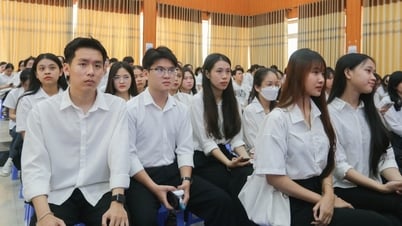







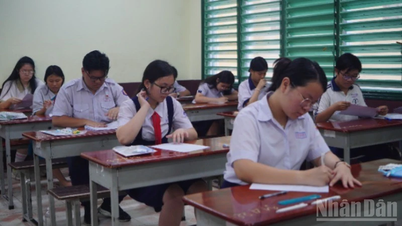
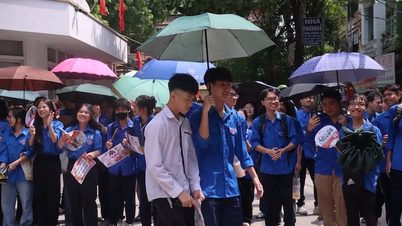

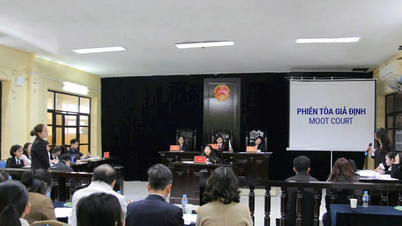
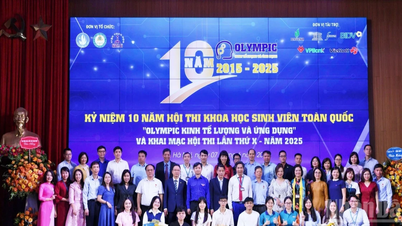






























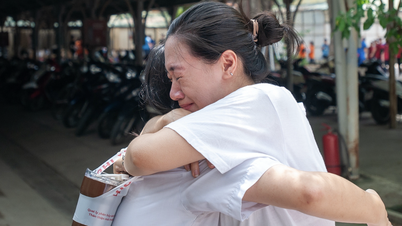

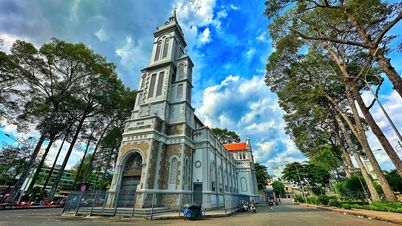













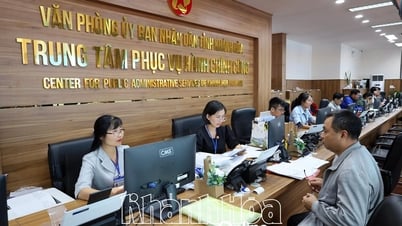



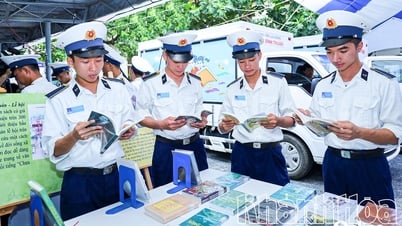








![[OCOP REVIEW] Tu Duyen Syrup - The essence of herbs from the mountains and forests of Nhu Thanh](https://vphoto.vietnam.vn/thumb/402x226/vietnam/resource/IMAGE/2025/6/5/58ca32fce4ec44039e444fbfae7e75ec)





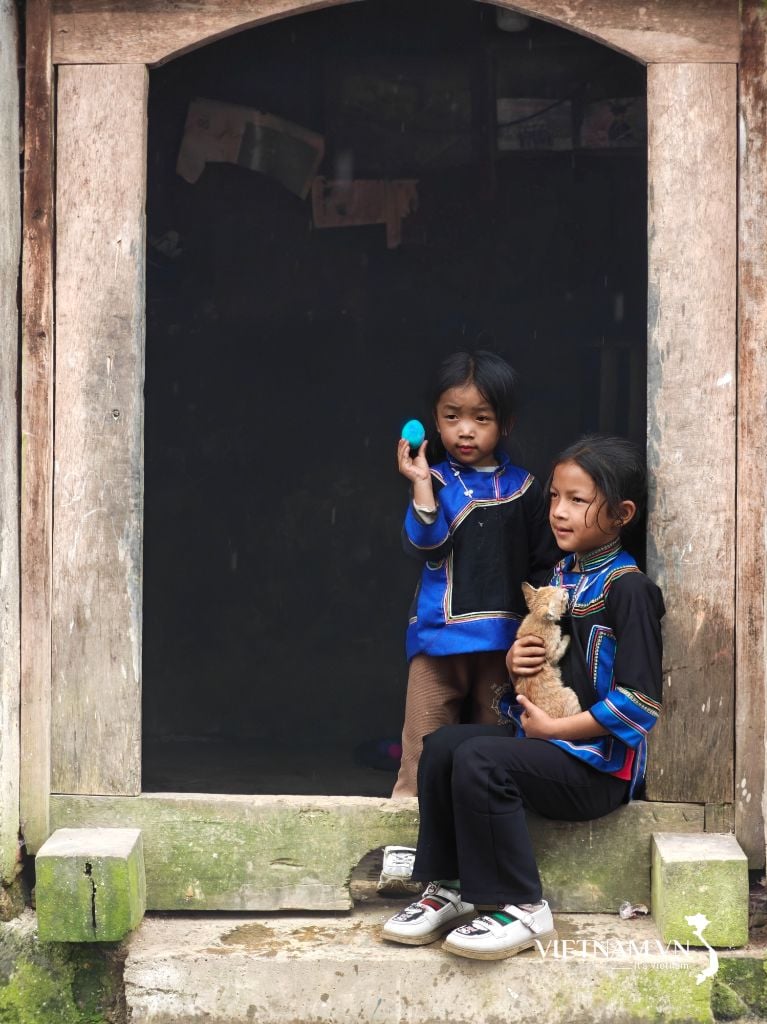
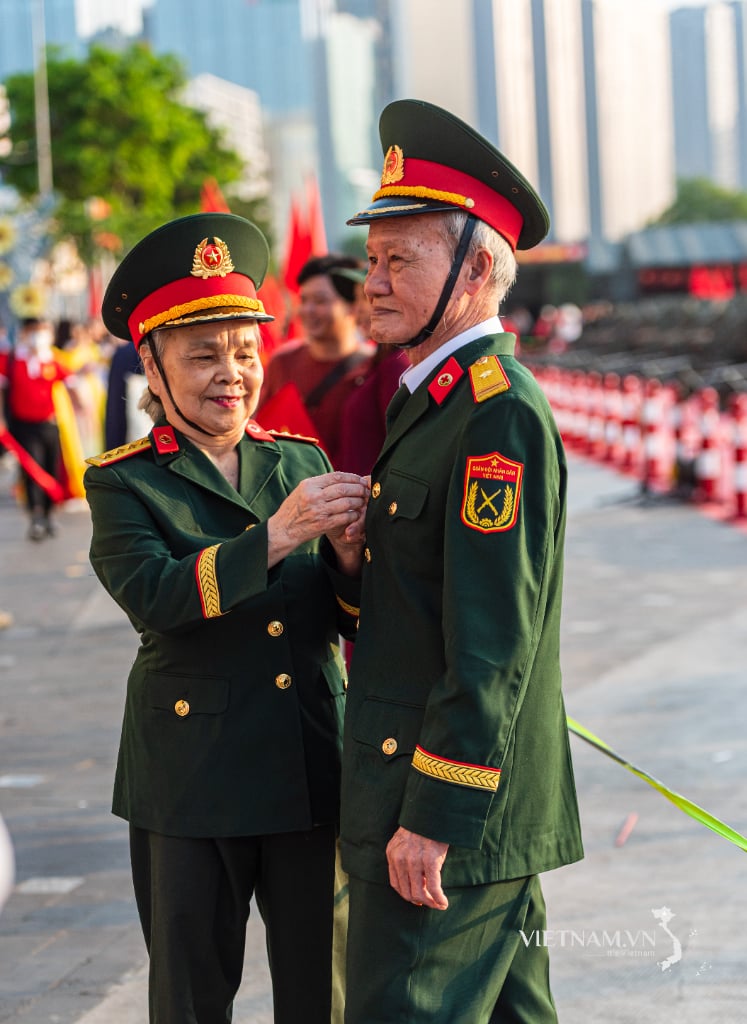
Comment (0)